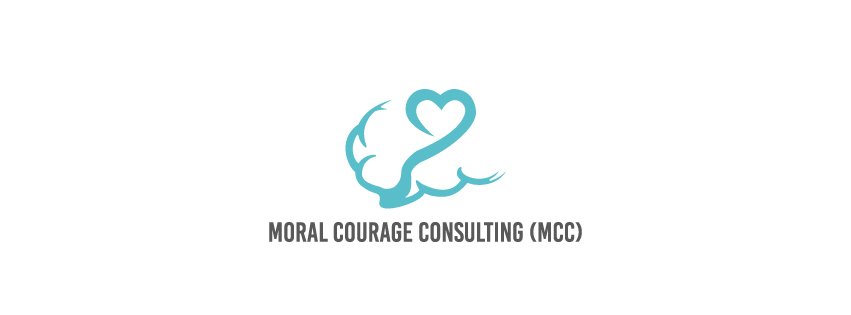Guilt vs. Shame: Understanding the Difference
Guilt and shame are two emotions that are often confused with one another, but they are distinct experiences with different impacts on our well-being.
Guilt is the feeling that we experience when we have done something wrong. It's a productive emotion that can help us make amends for our actions and move forward in a positive way. Guilt is focused on our behavior and actions, and it can be resolved through apology and making amends. For example, if you forgot to return a borrowed item, you may feel guilty about it, but you can apologize and make it right by returning the item.
Shame, on the other hand, is the feeling that we experience when we believe that we are fundamentally flawed or unworthy. Shame is a toxic emotion that can lead to feelings of isolation, self-doubt, and self-criticism. Shame is focused on our identity and self-worth, and it can be difficult to resolve. For example, if you feel ashamed of a mistake you made, you may feel like a failure and believe that you are inherently flawed. This persistent shame can lead to moral injury.
Brene Brown is a researcher, speaker, and author who has dedicated her career to studying vulnerability, shame, and courage. In her work, Brown has explored the impact of shame on our lives and how we can develop resilience in the face of shame.
Brown argues that shame is the belief that we are not worthy of love and belonging. It's the feeling that we experience when we believe that we are fundamentally flawed or unworthy. Shame is a toxic emotion that can lead to feelings of isolation, self-doubt, and self-criticism. Brown believes that shame is at the root of many mental health issues, including depression, anxiety, and addiction.
Vulnerability, on the other hand, is the ability to show up and be seen. It's the willingness to put ourselves out there and take risks, even when we're not sure of the outcome. Vulnerability can be scary, but it's also essential for building connections and living a fulfilling life.
According to Brown, vulnerability is the antidote to shame. When we are vulnerable, we allow ourselves to be seen for who we truly are, flaws and all. This can be scary because it means we are opening ourselves up to the possibility of rejection and criticism. However, it's only by being vulnerable that we can truly connect with others and build meaningful relationships.
In her research, Brown has found that people who are willing to be vulnerable are more resilient in the face of shame and difficult experiences. By embracing vulnerability, we can develop the courage and resilience to overcome shame and build a more fulfilling life.
Here at MCC, we believe in the power of vulnerability and sharing your story with a trusted professional. Many of our clients have expressed a sense of relief, connection and validation after practicing vulnerability by sharing their moral dilemmas with us.
